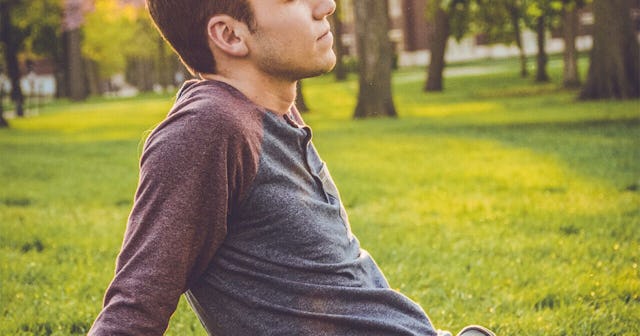Stop Excusing The Selfish Behavior Of College Students With 'Kids Will Be Kids'

There is a faint kiss of crisp breeze in the air signaling the thin line between summer and fall. Pictures of families sending their college “kids” back to their university are flooding social media pages with messages of hope to a return of some normalcy and wishes for their safe keeping. Missing from these sentiments are messages of their child’s personal responsibility to be safe, but rather the university and society’s ability to keep them that way.
While colleges spent months designing the best possible adaptations to the current epidemiological event, within a week of the students’ arrival, universities like Syracuse, UNC and Notre Dame, are pulling up their welcome mats. Infection rates among their population rise along with evidence of less than dutiful behavior despite being famed for their cognitively elite demographic. Critics (mainly parents) taunt that universities didn’t consider that “kids will be kids.” They lay blame at the feet of the university and their failure to acknowledge common college behaviors when formulating their plans.
We as a society have been sliding personal responsibility off the shoulders of the individual for a while now and the bareness is showing. College bound students are typically aged 18-23, falling into the category of adult. They are given societal responsibilities like voting and driving knowing that while they are still completing the formation of their cerebral development, enough progress has been made to perform these duties with competency and judgment.
Returning to university during a pandemic requires a significant amount of self regulation on the part of the student to maintain the dignity of the plan put in place. Herein lies the dismantling of the well intended plan. Colleges prepared for adults to be entering their hallowed halls, while some parents are sending their children. Returning to school is not the same as returning to school during a pandemic and that message is not being sent loudly enough. It is different and it is at times seemingly unfair to the idealized college experience. Yet, what is being asked of the individual student is not out of their scope of capability as parents suggest.
Throughout their lifetime, children are able to perform uncomfortable tasks for the sake of their safety and the safety of others. They climb into thoroughly researched car seats with harnesses strapping their freedom and comfort away all in the name of safety. As they grow, children are often better at reminding their own parents to buckle up after years of reinforcement. Bike helmets and life jackets, while tedious and uncomfortable, are often non negotiable items to engage in enjoyable childhood activities. Certain areas of societal life demand restrictive behaviors in the name of preservation and decency. We model and reinforce etiquette over the passing of a loved one, remind repeatedly to cover coughs and sneezes, maintain strong boundaries when crossing streets, and demand adherence to fire drill procedures.
Kids prove time and time again that they are capable of following these guidelines. It is not out of the realm of possibility that adult aged students follow similar protocols during this current crisis. The dissonance comes from the presented ideology that “kids will be kids” excusing their selfish behavior as a lack of development instead of a failure to maintain expectations.
We are often asked to prioritize our safety over happiness in life. With clear expectations and strong reinforcement, most of us are able to self regulate through these restrictions to maintain a successful living environment. It is paramount that college bound students are presented with the dialogue that their self management is crucial to the successful outcome of their academic return from both their parents and the universities.
Any deviation in this dialogue will open the doors to the self-serving behaviors that are currently revising well-intended fall plans. If students are willingly returning to school knowing these guidelines are in place to meet the integrity of their academic development and the safety of those involved in the execution of that process, then it is time for the “kids” to become adults and for all the adults in their lives to stop excusing childish behavior, reinforce that message strongly and hold them accountable to that commitment.
This article was originally published on